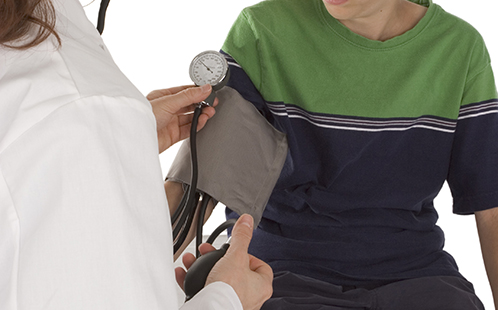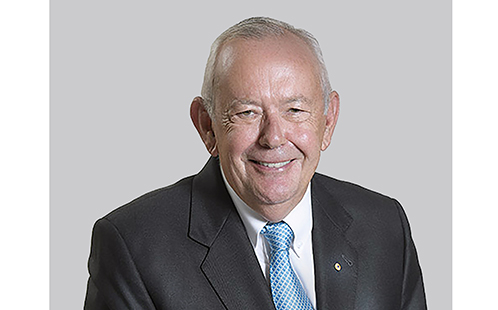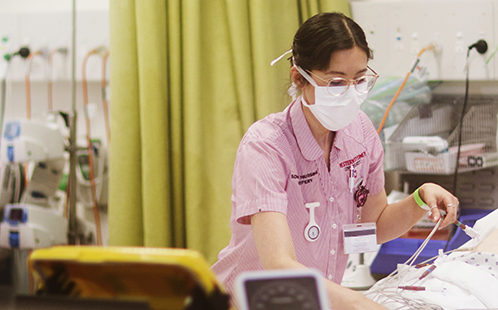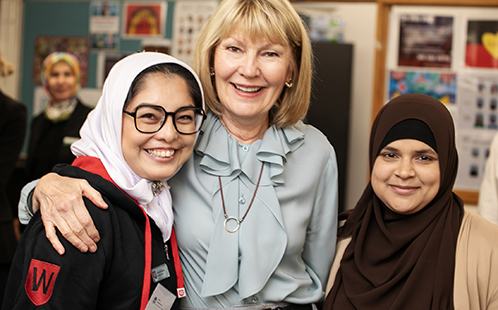Study finds people power can lower blood pressure

The world's largest study of diabetes peer support, where one person with diabetes helps guide others, has shown it can significantly lower blood pressure in patients with Type 2 diabetes and potentially reduce their risk of serious complications.
The study of 1,299 people, led by Professor David Simmons, from the University of Western Sydney School of Medicine and Cambridge University Hospitals, and Dr Jonathan Graffy, from the University of Cambridge, UK, has been published this week in the international medical journal, PLOS One.
Professor Simmons and his colleagues found patients participating in group-based diabetes support lowered their systolic blood pressure by 2-3mm Hg after 8 to 12 months in the randomized cluster controlled trial.
"If a patient can reduce their blood pressure by just a few points over the long-term, it could be enough to significantly improve their health and reduce their risk of heart attack by 2 to 4 percent and stroke by 4 to 6 percent," says Professor Simmons, who conducted the trial in the United Kingdom.
In the study, 652 people participated in 'group peer support', which was delivered by well-trained and clinically supported peer support facilitators (PSF).
PSFs were drawn from the same local community as the participants in the trial. They were encouraged to be non-directive and use listening skills to support peers in their efforts to overcome day-to-day 'barriers' to managing their diabetes and its effects on everyday life.
"It was important the peer facilitators remained socially and emotionally connected to their peers," says Professor Simmons. "Rather than telling people what to do the facilitators worked with people to find ways to fit their diabetes into day-to-day living."
Dr Graffy emphasised the importance of linking peer support programmes to local health services.
"One of the reasons people agreed to join the support groups is that they were invited by their local general practices. Those who agreed to facilitate the groups were given training by the local diabetes service and ongoing mentorship from a specialist diabetes nurse. This helped sustain their interest in the role," says Dr Graffy.
Professor Simmons says more research is needed to explain how participating in the peer-support group lowered blood pressure.
"Those in the peer-support groups didn't have better medication compliance or do more physical activity compared to others in the trial – factors which may have explained the lowered blood pressure.
"The activity of social support itself may have had a direct impact on blood pressure."
Professor Simmons says the results could lay the foundation for a new approach to Type 2 diabetes healthcare.
"Type 2 diabetes is a complex and costly global health crisis. Group-based peer support could help prevent health complications, reduce hospitalisations, save lives and limit the burden on health budgets.
'We are looking at the hospitalisation costs currently, but the data has been persuasive enough for Diabetes UK to set up a programme based upon our work, piloting across parts of the East of England and the Midlands."
Deirdre Kehoe of the Diabetes UKType 2 Together programme welcomes the study results.
"We are very excited to be able to build upon our existing peer support work to offer a new approach to those who want to know more about managing their diabetes. Early feedback from the programme is positive and we look forward to seeing its overall impact on participants' lives," says Ms Kehoe.
Professor Simmons is pleased with the response to the study.
"To have such a rapid take-up of trial findings is almost unheard of," he says.
The study was conducted from Cambridge University Hospitals in Cambridge, UK in collaboration with colleagues from the Primary Care Unit, Department of Public Health and Primary Care University of Cambridge
The RAPSID team acknowledge the support received from the NIHR Clinical Research Network: Eastern, especially the local diabetes clinical & research teams based in Cambridge.
Impact of Community Based Peer Support in Type 2 Diabetes: A Cluster Randomised Controlled Trial of Individual and/or Group Approaches, David Simmons , A. Toby Prevost, Chris Bunn, Daniel Holman, Richard A. Parker, Simon Cohn, Sarah Donald, Charlotte A. M. Paddison, Candice Ward, Peter Robins, Jonathan Graffy. Published: March 18, 2015 DOI: 10.1371/journal.pone.0120277
Ends
19 March 2015
Media contact: Paul Grocott, Senior Media Officer
Latest News

Western Sydney University receives transformational donation to support LGBTIQA+ community
Western Sydney University has welcomed a philanthropic donation from The Brennan Lynch Foundation.

Western Sydney University ranks among world’s best for 23 subjects
The University has been named as one of the world’s top universities for the study of 23 subjects in the latest edition of the QS World University Rankings by Subject, including being ranked in the top 50 for Nursing.

Western Sydney University receives landmark $7.9 million philanthropic gift from Harvey Norman to launch leadership academy, empowering young women in Western Sydney
Western has welcomed a landmark donation to establish the Harvey Norman® Young Women’s Leadership Academy Led by Katie Page.
Mobile options:

